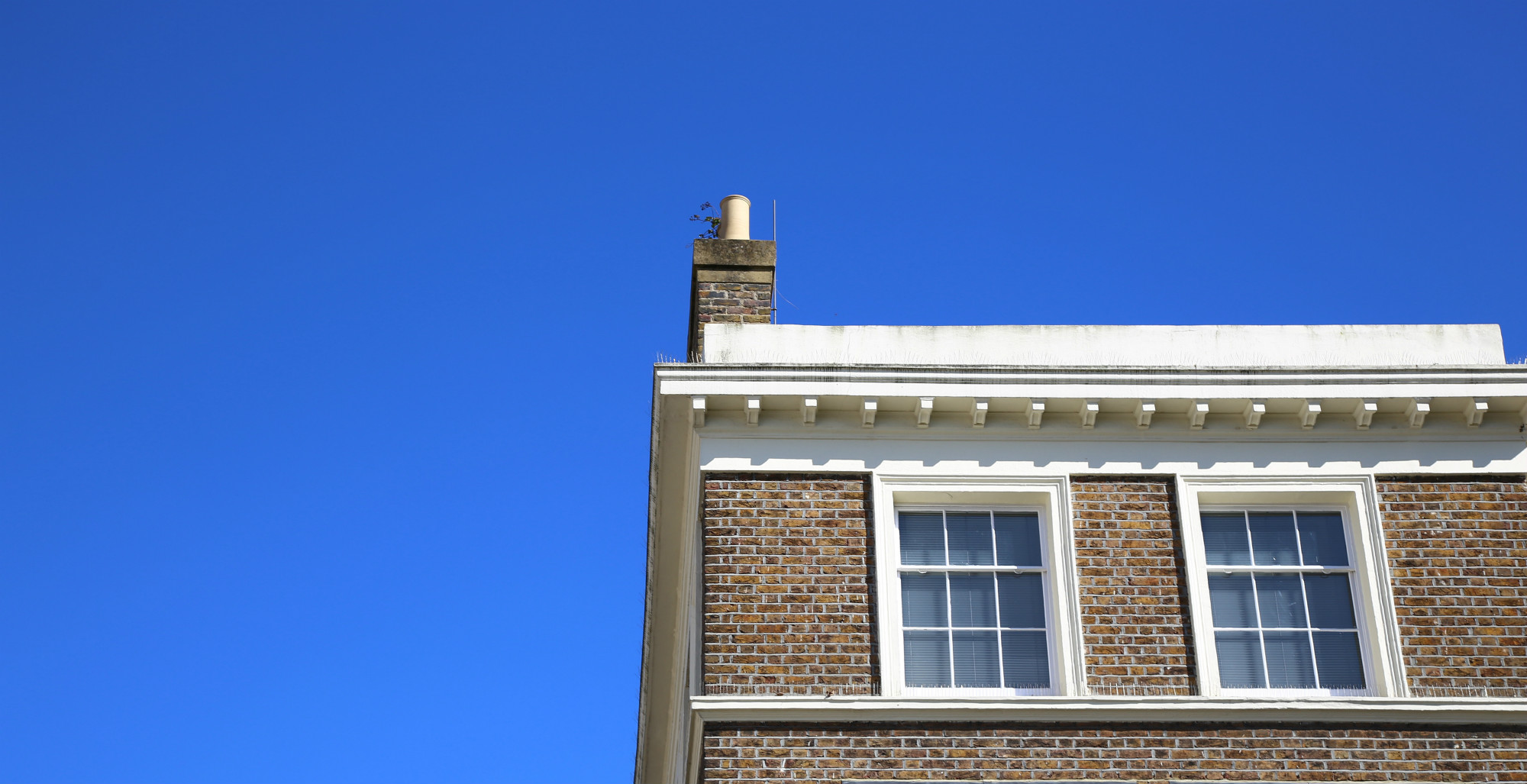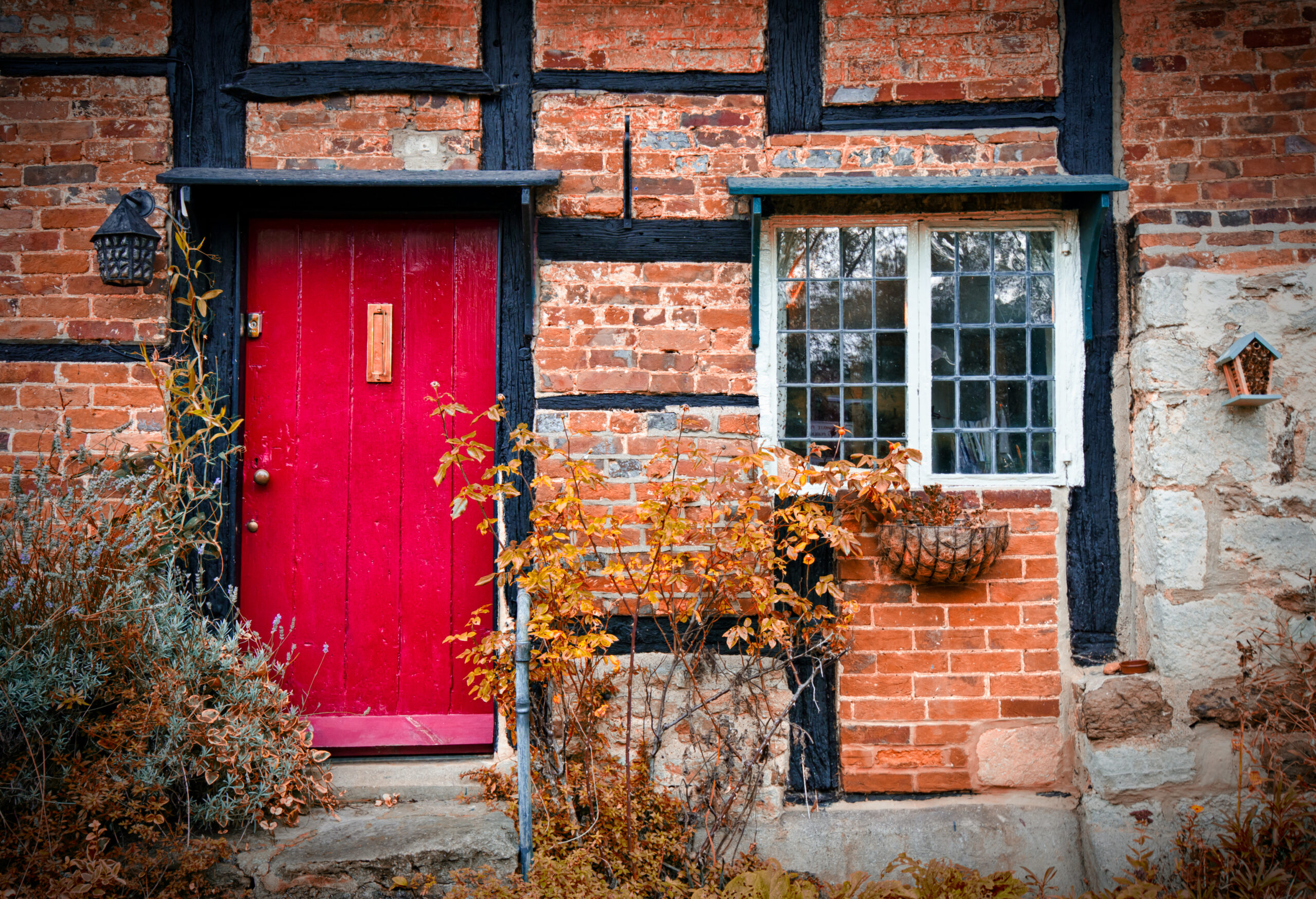Understanding your surveyor’s report and knowing which type of survey is best for your property purchase can seem daunting....

Buying property at auction | Insight and top tips
Buying property at auction can be exciting and that can be driven by some very attractive pricing.
However, buying property at auction is not entirely without risk. It’s important to fully prepare in advance.
Using the services of an experienced property buying agent should help you mitigate some of the risks associated with auctions and improve your chances of a satisfactory outcome.
Why buy a property at auction?
It’s a fact that many people experience an adrenaline rush when they are bidding for something at a public auction. That’s a great feeling but ultimately, it’s not why you are there.
You should see the advantages of buying property at auction as coming under some of the following headings:
- speed – property auctions are real-time events. After you bid, you will usually know immediately whether you have been successful or not. It avoids potentially ongoing lengthy discussions and negotiations with the vendor;
- attractive pricing – there may be exceptions but typically, the hammer prices at an auction may be more attractive than the final prices agreed upon through direct negotiation with the vendor;
- choice – you may see property types in auctions that are rarely found in conventional property advertising. There might also be several possibilities at a single auction;
- visibility and a level playing field – by typically being able to see or hear exactly who you are bidding against, rather than needing to deal with several possibly intangible intermediaries in a conventional purchase.
It’s an option well worth considering.
Understanding property auctions
When it comes to buying a property at auction, it’s important to understand the process and what to expect. Here are some key things to know:
Types of auctions
There are two main types of property auctions: traditional and modern. Traditional auctions are typically held in person and follow a strict timeline, with the highest bidder winning the property. Modern auctions, on the other hand, are often held online and offer more flexibility in terms of bidding and timing.
Role of auction houses when buying property at auction
Auction houses play a crucial role in the property auction process. They are responsible for advertising the auction, compiling the auction catalogue, and facilitating the auction sales. Auction houses usually charge a fee for their services, which can vary depending on the value of the property being sold.
Auction catalogue
The auction catalogue is a key resource for anyone considering buying property at auction. It contains information about the properties being sold, including their location, size, and any relevant details about their condition. It’s important to review the auction catalogue carefully and do your due diligence before bidding on a property.
Auction day
On the day of the auction, bidders will need to register and provide proof of identity and funds. Bidding typically starts at a set price and increases as bidders compete for the property. If you are the winning bidder, you will need to pay a deposit (usually 10% of the purchase price) on the day of the auction and complete the purchase within a set timeframe (usually 28 days).
Top tip for buying property at auction: Do your homework before the auction
Perhaps the most significant risk at a property auction is that of simply getting carried away. Remember, the auctioneer has only one objective – to ensure that they achieve the highest possible price.
They’re not there to protect your interests or to ensure that you get a good deal. They will be very happy to see bidding wars developing between individuals in the room, as judgement can be lost and that means higher prices for their client – the vendor.
One way to help avoid becoming subsumed by the, at times, frantic atmosphere of an auction is to have thoroughly done your homework in advance. That means you should never go to this sort of venue without being clear on the parameters of your bid.
That includes things such as:
- select an auctioneer that is registered and therefore covered by appropriate guarantees in terms of handling your finances;
- have all appropriate survey and price guide information to hand, to give you the maximum sensible figure you should bid;
- if you’re confident in the maximum price you would be prepared to pay for the property, do not exceed it in the heat of the moment when bidding;
- be sure you understand the characteristics of the property in the context of your future plans. For example, if you’re planning to convert or extend it, you should be clear that you will be likely to obtain the appropriate planning or a change of use permission;
- carefully review all of the surrounding areas of your property. The estimated price of a property should always take into account its location and those areas surrounding it, as these will have a significant positive or negative impact on your projected future valuations;
- if your future ideas include significant building work, it’s important that you understand the cost and timescales of that and how they might affect your occupation or income generation plans;
- get legal advice on the documents relating to the property which should have been provided to you in advance by the auctioneer. Sometimes there are things such as covenants and similar legal paperwork. They may cause you headaches and costs after purchase if you didn’t know they existed;
- make certain you read very carefully in advance, the auctioneer’s terms and conditions. If the hammer falls and you are the winning bidder, you will instantly be bound by those same terms. Therefore, you should be clear about what they mean and above all, that you can comply with them if you are successful;
- auctions often have a guide price for the property, which you can see. They may also have a reserve price, the value that the auctioneer will not sell below, and that is typically invisible to bidders;
Keep in mind that the guide price may be optimistic in an effort to push up bidding. That’s why having your own view of the property’s value is imperative. Do not be misled into thinking that the auctioneer’s guide price is in any sense an objective valuation;
- you should be 100% clear that your finances are already confirmed and subject to final approval, in place (see below).
Unless you are extremely experienced in this domain, it is often highly advisable to obtain the assistance of a property-buying agent in preparing for an auction. In some cases, they may be able to represent you on the day as a proxy, if you are unable to attend yourself.
Make sure you have finances in place before buying property at auction
Going to a property auction and bidding without being sure of the financial position would be unethical and might also involve you in a potentially significant cost.
When buying a property at auction, precisely what you will need to do to prepare your finances in advance will vary depending on your own financial position and your sources of funds.
There are though some generalities you should be aware of:
- read the auctioneer’s exact terms but normally you will be expected to pay 10% of the price immediately after the gavel falls;
- you will usually then have up to 28 days to settle the balance – note though, that is only 20 working days;
- it’s therefore imperative that you have a mortgage offer, in principle, agreed with your funds provider before attending the auction;
- should your provisional offer not materialise after winning a property, you may be able to secure bridging finance from other sources. That though may only be intended for short durations, as it can be expensive if continued into medium and longer terms;
- your deposit may be at risk if you are subsequently unable to raise the balance;
- you will normally need to register for the sale on the day. Typically, you will be asked to produce two forms of proof of identity (check what the auctioneer will accept) and if you’re there as a proxy for another buyer, you will need evidence of legal authorisation to act on their behalf;
- when registering, you may be asked for evidence as to how you will pay the deposit if you are successful;
- auctioneers will typically accept banker’s drafts, irrevocable bank cheques, instantaneous e-bank transfers or a bank debit card. As a general rule, credit cards, personal cheques and cash may be refused.
Individual auctioneers may have different policies here, so they should be thoroughly investigated well in advance of the auction day itself.
Bidding at auctions
Bidding at auctions can be an exhilarating experience, but it can also be intimidating for first-time buyers. So how does the bidding process work and how can you manage a bidding war on the day?
Understanding the bidding process
Before bidding at an auction, it is important to understand the process. The auctioneer will start by announcing the guide price, which is an estimate of the property’s value. The auctioneer will then set the reserve price, which is the minimum price the seller is willing to accept. Bidding will start below the guide price, and the auctioneer will gradually increase the price until the reserve price is met.
Buyers can bid by raising their hands or nodding their heads. The auctioneer will acknowledge each bid and announce the highest bidder. If the bidding reaches the reserve price, the property will be sold to the highest bidder.
Managing bidding wars when buying property at auction
Bidding wars can be intense and stressful, but there are ways to manage them. First, it is important to set a maximum bid and stick to it. It can be tempting to keep bidding to win the property, but buyers should avoid getting caught up in the moment and overspending.
Buyers should also pay attention to their body language and signals. Avoid making eye contact with other bidders or nodding your head too eagerly, as this can signal your intentions to other bidders.
Finally, buyers should be prepared to walk away if the bidding goes beyond their budget. Losing out on a property can be disappointing, but it is better to avoid overspending and regretting the purchase later.
In conclusion, bidding at auctions can be a challenging but rewarding experience. By understanding the bidding process and managing bidding wars, buyers can increase their chances of success while staying within their budget.

What happens after an auction?
We’ve shared the steps in advance and during a property auction, but what happens once the auction is finished and you were successful with your bid? Here’s what you need to know about after when the hammer falls when buying a property at auction.
Upon the successful conclusion of the bidding process, a buyer will usually need to provide proof of identification and residency. Additional personal information may also be solicited, such as your national insurance number and a detailed residency history, including the duration of stay at your current address and any prior addresses. This collection of information is integral for conducting an advanced electronic verification to comply with anti-money laundering regulations.
Following verification, a buyer will be requested to provide the deposit amount along with any other applicable charges as outlined in the auction catalogue. These may include administrative fees or buyer’s premium. A buyer will also need to review, complete, and endorse the memorandum of sale which will include the terms of the purchase.
After the auction, the buyer must complete the sale within a specified timeframe, usually 28 days. Failure to do so may result in the loss of the deposit and additional fees. This is why is it so important that the buyer ensures they have the necessary funds to complete the sale before bidding at the auction.
Understanding the fees when buying property at auction
In addition to the purchase price when buying property at auction, the buyer may be responsible for paying various fees, including an administration fee and commission to the auction house. The entry fee and auction costs are also payable.
The administration fee covers the costs of preparing the legal documents and conducting the auction. In some cases, a Buyer’s Premium will also be charged to a buyer.
Details of such charges are included in the auction brochure which is why it is such a key document. It is important to understand these fees before bidding at the auction. The buyer should also be aware of any additional costs, such as VAT or stamp duty, which may be payable.
Buying property at auction
Property auctions can be a fantastic source of attractively priced properties, provided you have conducted due diligence in advance to reduce your risks, something our property finders regularly assist our clients with.
At Garrington, we have extensive experience acting as a property buying agent for clients interested in purchasing at auctions. Are you thinking of buying property at auction? If you believe our services could be of use please contact us today to discuss your plans.







